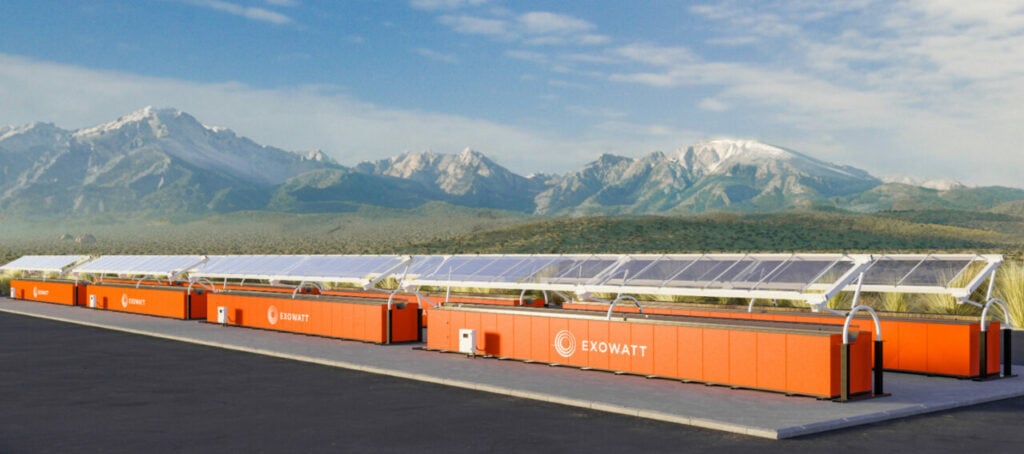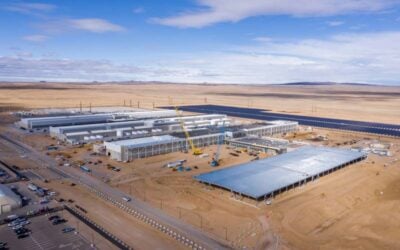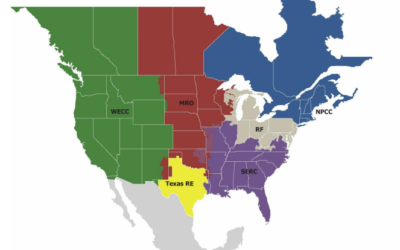
The market for deploying energy storage at data centres saw announcements this week from Digital Realty and Enel X in Ireland and Exowatt in the US.
Digital Realty and Enel X to use data centre batteries to provide grid balancing services in Ireland
Data centre co-location and interconnection solution firm Digital Realty has partnered with the smart energy solutions arm of oil and gas major Enel to leverage data centre batteries for the grid in Ireland.
Enjoy 12 months of exclusive analysis
- Regular insight and analysis of the industry’s biggest developments
- In-depth interviews with the industry’s leading figures
- Annual digital subscription to the PV Tech Power journal
- Discounts on Solar Media’s portfolio of events, in-person and virtual
Ireland is a major hub for energy-intensive data centres run by big tech firms, and the pair will use on-site backup power batteries to provide balancing services to the grid.
Digital Realty said it will enhance its uninterruptible power supply (UPS) systems by using the integrated batteries to redirecting loads from the grid to the batteries in real-time, helping the grid maintain frequency levels.
Digital Realty said that 1MW of UPS to the dynamic frequency programme can save the grid 4,000 tonnes of CO2 annually, and the company is integrating an initial 6MW of UPS capacity into the programme.
The partnership is with Enel X Global Retail which manages demand response services globally, with some 8.1GW of total capacity of which 76MW (c.1%) is behind-the-meter battery storage.
A pilot project for the collaboration took place in September last year and going forward the pair want to replicate the success of similar models they have employed elsewhere, such as in Sydney, Australia.
Exowatt launches data centre energy storage solution using heat
In concurrent news, Miami-headquartered startup Exowatt has unveiled a modular energy storage platform using thermal energy for data centres, with a US$20 million seed round.
The Exowatt P3 combines a heat collector, a heat battery and a heat engine in a 40-foot container which can provide both heat and electricity to a facility.
It said that long-term it expects to be able to offer electricity to its customers for as low as US$0.01 kWh or even lower.
It noted that the substantial growth in AI computing increased the energy demand from associated data centres, as it is a highly energy-intensive form of computing.
Exowatt claimed a backlog of demand for its product of over 500MW. The funding came from venture capital (VC) investors a16z, Atomic, and Sam Altman.






